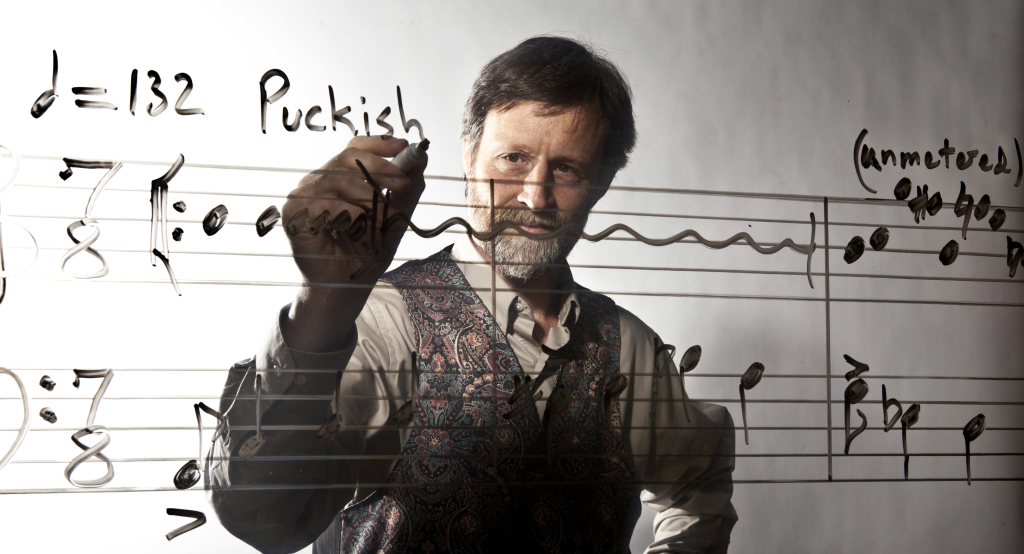
What is your creative mission?
I find my greatest happiness in making things for other people. I perceive myself as a lucky person with the opportunity and the ability to serve my various communities by making things in sound. I seek to provide musical experiences for people and to take them, through music, to somewhere new and special. I seek to do this to the best of my ability, creating the richest, most meaningful experiences I can. I seek to explore new ideas, to reveal new relationships, and to stretch our perceptions of beauty and meaning.
What do you love about what you do?
I love the making most of all. I love looking at a blank sheet of paper with a pencil in my hand and dreaming up a scenario, narrative or structure that unfolds and reveals itself over time. I love imagining people hearing this music and I love writing it with their experience in mind. I love rehearsing with musicians to get the performance just right, learning new things about my own music by working with collaborators in the process. I love learning new things as I explore the ideas and listening to the piece as it gradually reveals to me what it is, and what it wants or needs, to find its perfect completion. Finally I love the satisfaction of knowing that both I and an audience have found beauty and meaning in the experience of the performance.
What have you learned from your successes/ failures?
I have learned that I am not “God” as the maker of a piece of music. I cannot force any material to become anything. The material itself has possibilities that I must listen to and respect, as though the musical material itself is my collaborator. I am more like a midwife, helping something with a life of its own to emerge into this world. I have usually failed when I did not do this kind of respectful listening to the emerging piece; when I tried to force it to bend to my will.
How do you keep pushing ahead after a difficult challenge?
Every piece has its difficult challenges, so after many years I simply recognize them as anticipated stages of the process. I have developed my own unique strategies for working through them, though they are always difficult. I try to look at the problem from a different perspective, or through a different lens, or by questioning some basic assumptions. I alternate furious concentrated work with non-related activities like walking the dog, knowing that it is in these non-active times that all the labors of the active times will bear fruit- suddenly revealing an unexpected solution.
Have you ever encountered resistance from family, friends, or the world in general? How did you overcome those kinds of blocks?
I did have to deal with some mild disappointment from some of my teachers when I did not pursue their version of “modern music.” Their generation’s passion was to explore radical ideas without regard for the audience. “Art for Art’s Sake.” While exciting for them, this alienated the listening public and left me with little to no audience. I think my generation’s battle was to win back that audience by writing music they could relate to, thus bringing them along for the ride as we explored what “modern music” might be.
How has your art and creativity healed you?
I feel that I am a “maker of things” from the get-go. I would be truly unhealthy were I not making music. Thus following my essence as a person keeps me healthy and happy. Most of my toys are non-physical ideas, so I don’t need to make a lot of money for expensive toys like cars or big houses. Like most artists throughout human history I am so overflowingly rich with ideas that the idea of making and accumulating a lot of money just does not compute. What would I do with it? This leaves me free to consider harmonious social systems where we actually teach people to be creative, making their own “idea toys” to share with their communities, and making sure that money itself goes to the places that it is actually needed- food, housing, education, opportunities to experience ideas of all kinds. If everyone made things for themselves and their communities, “redistribution of wealth” would be a non-controversial, common-sense idea.
What are your NFA Bullet points? What steps would you recommend for anyone who wants to kick some ass and get their creative dreams off the ground?
Think about who YOU really are in your most private knowledge of yourself. Do things that expand your happiness as that essential person, and do not do any more than is necessary of things that make you feel unhappy, unclean or apart from yourself. Decide on a small project that you can use as a way to explore your possibilities as a maker of things. Achieve that small project and then, with the addictive experience of creation in your veins, make something bigger. Repeat and repeat. Do not expect or rely on affirmation from others at first. Probably you will make more bad stuff than good stuff at the beginning. But, as some of my painter friends say, “first you gotta paint the shit out before you can get to the good stuff.”
Honor that you are a maker of things and that this is who you are and what you do. Invent and climb your own ladder, refusing to accept anyone else’s ladder or notion of where it should lead. Every time you make something, you are in fact making yourself! What could be more important than that? Balance this self-absorbtion with a lot of community involvement; help someone else get on this path of creative exploration of ideas so that you are helping to create a better, more beautiful society around you. Serve your community with your things. Then even if you never get famous or rich, you will know that you did something important for your world. There’s a lot of meaning to be found in that!
____________________________________
Find Greg
_____________________________
Hey you. Wanna share your wisdom? Answer the 7Questions of Creativity here.
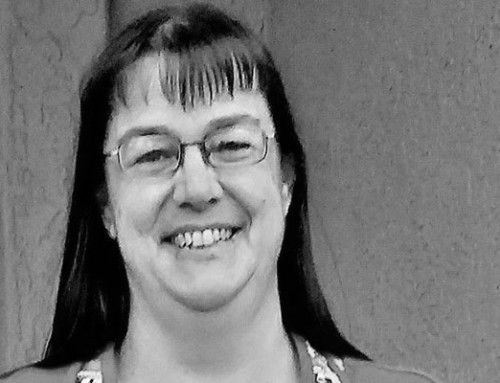
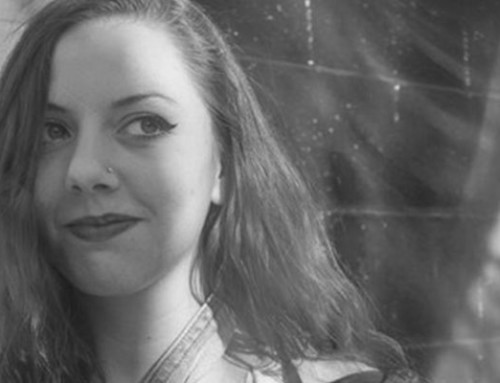
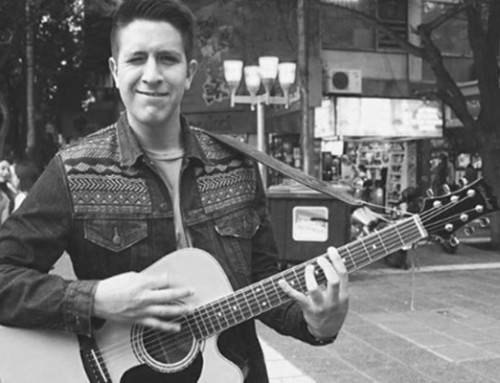
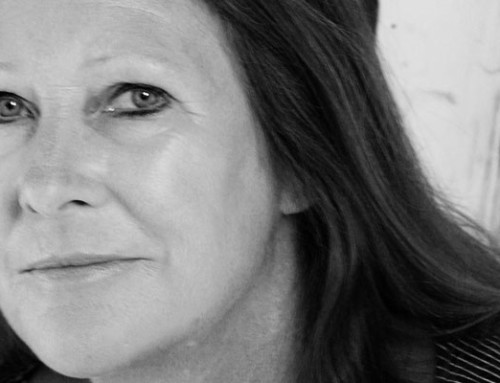
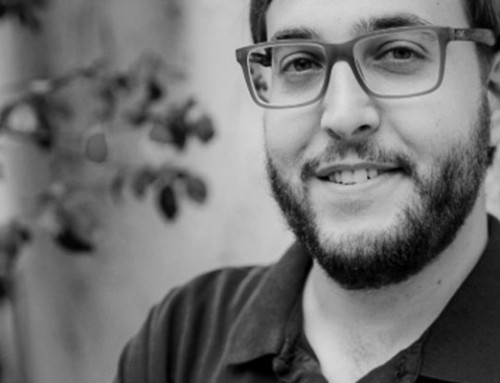
Really insightful, wise commentary from someone who has been through the process of finding thyself. It’s always nice to see success measured in joy and passion for one’s craft, rather than the fleeting gain of a dollar amount.